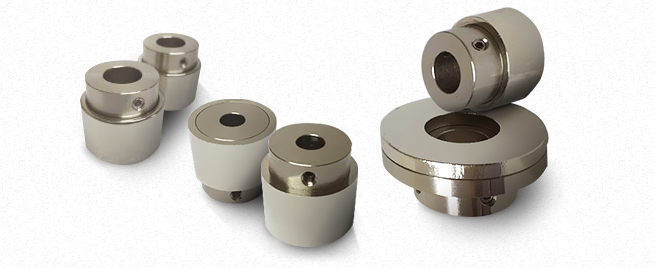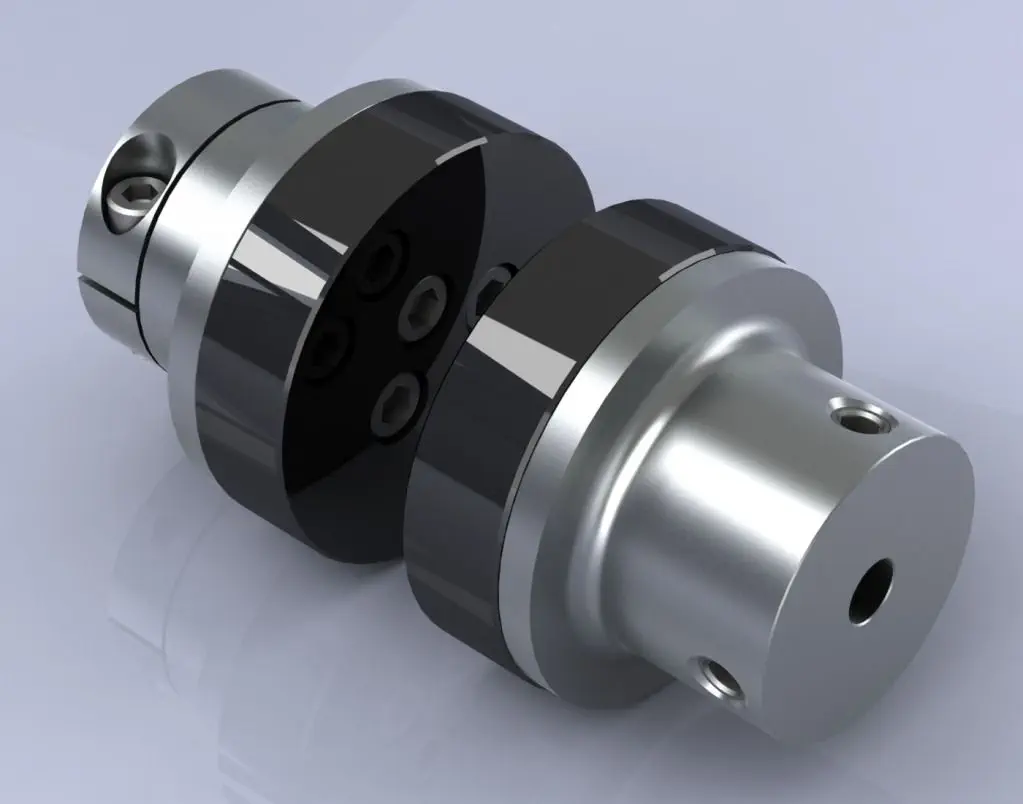Product Description
| Product Name | Cardan Shaft |
| Product Model | SWC-I75A-335+40 |
| Main Material | 35CrMo or 45# Steel |
| Nominal Torque | 500 N.M |
| Normal Length | 335 mm |
| Length Compensation | 40 mm |
/* January 22, 2571 19:08:37 */!function(){function s(e,r){var a,o={};try{e&&e.split(“,”).forEach(function(e,t){e&&(a=e.match(/(.*?):(.*)$/))&&1

Torque and Speed Limitations of Magnetic Couplings for Different Sizes and Applications
The torque and speed limitations of magnetic couplings depend on various factors, including the size of the coupling and the specific application requirements. Here’s a general overview of these limitations:
- Torque Limitations:
The torque capacity of a magnetic coupling is influenced by the strength of the magnets used, the size of the coupling, and the materials chosen for the rotor and containment shell. Larger magnetic couplings with stronger magnets and robust materials can handle higher torque requirements.
- Size and Application:
The size of the magnetic coupling plays a crucial role in determining its torque capacity. Smaller couplings are typically used in low-torque applications, such as laboratory equipment or small pumps. In contrast, larger couplings can handle higher torque demands, making them suitable for industrial-scale pumps and agitators.
- Speed Limitations:
The maximum speed at which a magnetic coupling can operate depends on several factors, including the rotational speed of the driving and driven shafts and the design of the coupling. High-speed applications, such as centrifugal pumps, require magnetic couplings designed to minimize eddy current losses and ensure stable performance at elevated speeds.
- Specialized Applications:
Some magnetic couplings are specifically designed for high-speed or high-torque applications, such as in large industrial pumps or agitators. These specialized couplings are engineered with materials and construction techniques to optimize performance under demanding conditions.
- Customization Options:
Manufacturers of magnetic couplings may offer customization options to tailor the torque and speed ratings to the specific needs of the application. This can involve selecting different magnet configurations, materials, and overall design adjustments to achieve the desired performance characteristics.
It is essential to consult with the coupling manufacturer or a qualified engineer to determine the appropriate magnetic coupling size, torque, and speed ratings for a specific application. Factors such as the fluid properties, load requirements, and environmental conditions should be taken into account to ensure the coupling’s optimal performance and reliability.

Where Can I Find Reputable Suppliers or Manufacturers of Magnetic Couplings for Specific Engineering Needs?
When searching for reputable suppliers or manufacturers of magnetic couplings, it is essential to consider several factors to meet your specific engineering needs. Here are some valuable resources and steps to help you find reliable suppliers:
- Online Directories:
Online directories, such as ThomasNet, Alibaba, and GlobalSpec, are valuable platforms to search for manufacturers and suppliers of magnetic couplings. These directories provide detailed information about companies, their products, and their capabilities, making it easier to identify potential suppliers.
- Trade Shows and Conferences:
Attending trade shows and engineering conferences related to your industry can be an excellent way to meet and connect with magnetic coupling manufacturers in person. These events provide an opportunity to see product demonstrations, discuss your specific needs, and establish direct contacts with suppliers.
- Industry Associations:
Industry associations and organizations often have a network of members, including suppliers and manufacturers of various engineering components. They may provide valuable recommendations and insights on reputable suppliers of magnetic couplings within your industry.
- Referrals and Recommendations:
Seeking referrals from colleagues or industry professionals who have experience with magnetic couplings can be valuable. Recommendations from trusted sources can save time and help you find reliable suppliers.
- Online Research:
Performing online research and reading customer reviews and testimonials can give you insights into the reputation and reliability of different magnetic coupling suppliers. Look for manufacturers with positive feedback and a track record of delivering quality products.
- Supplier Websites:
Visit the websites of potential magnetic coupling suppliers to learn more about their products, services, and manufacturing capabilities. Look for suppliers with a comprehensive product range, engineering expertise, and a commitment to meeting specific customer requirements.
- Customization Options:
Consider suppliers who offer customization options to meet your specific engineering needs. Magnetic couplings may need to be tailored for particular torque, speed, or environmental requirements, so selecting a manufacturer with the ability to create bespoke solutions is essential.
It is crucial to establish clear communication with potential suppliers, sharing your engineering specifications and expectations. Requesting samples or prototypes, if possible, can also help evaluate the suitability of the magnetic couplings for your specific applications. Ultimately, choosing a reputable and experienced supplier will ensure that you receive high-quality magnetic couplings that meet your engineering needs and contribute to the success of your projects.

How Magnetic Couplings Prevent Leakage and Offer a Hermetically Sealed Solution in Industrial Processes
Magnetic couplings provide a hermetically sealed solution in industrial processes by utilizing their unique non-contact power transmission principle. This design allows them to prevent leakage effectively and maintain a reliable, sealed environment. Here’s how magnetic couplings achieve this:
- Non-Contact Power Transmission:
Magnetic couplings operate without any physical connection between the driving and driven shafts. Instead, they use a magnetic field to transmit torque from one rotor to another. The absence of direct contact between components eliminates the need for shaft seals that are common in traditional mechanical couplings.
- Containment Shell:
Magnetic couplings consist of two rotors—an outer rotor connected to the driving shaft and an inner rotor connected to the driven shaft. These rotors are separated by a containment shell made of non-magnetic material with high magnetic permeability. The containment shell encloses the magnetic fields and acts as a barrier to prevent fluid leakage.
- Hermetic Sealing:
The containment shell provides hermetic sealing between the input and output shafts. As the magnetic fields pass through the containment shell, it effectively seals the coupling, creating a barrier that isolates the fluid being handled in the pump or agitator from the external environment. This hermetic sealing prevents fluid leakage, even when dealing with hazardous or corrosive fluids.
- No Dynamic Seals:
In mechanical couplings, dynamic seals are used to prevent fluid leakage at the point where the shaft exits the casing. These seals are prone to wear, aging, and failure over time, leading to potential leaks. Magnetic couplings eliminate the need for dynamic seals, reducing the risk of fluid leakage and improving the overall reliability of the system.
- High Torque Transmission:
Magnetic couplings are designed to handle high torque transmission, making them suitable for a wide range of industrial processes. The strength of the magnetic field and the proper choice of materials ensure that the coupling remains effective and leak-free even under challenging operating conditions.
Due to their hermetically sealed design, magnetic couplings are commonly used in industries where fluid leakage could lead to product contamination, environmental hazards, or safety risks. These industries include chemical processing, pharmaceuticals, food and beverage, and other applications where a sealed and leak-free environment is critical.


editor by CX 2024-04-11